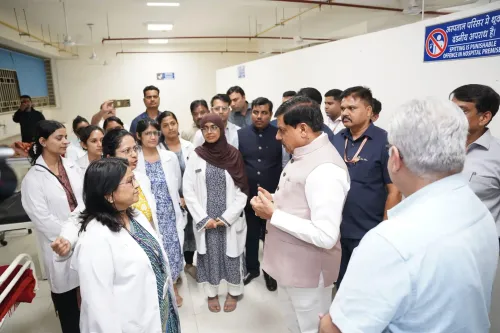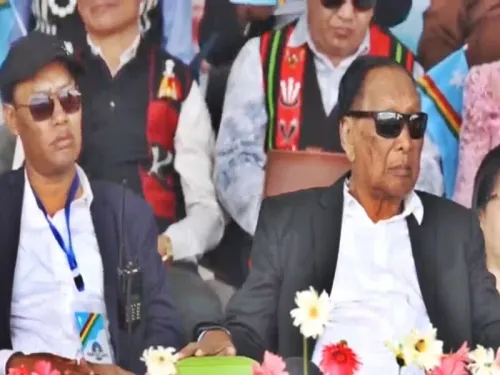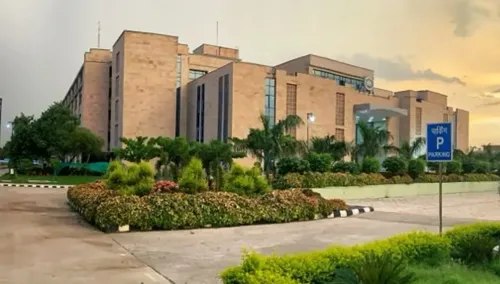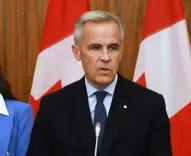Union Cabinet Approves 'One Nation, One Election' Bill to Enhance Electoral Efficiency
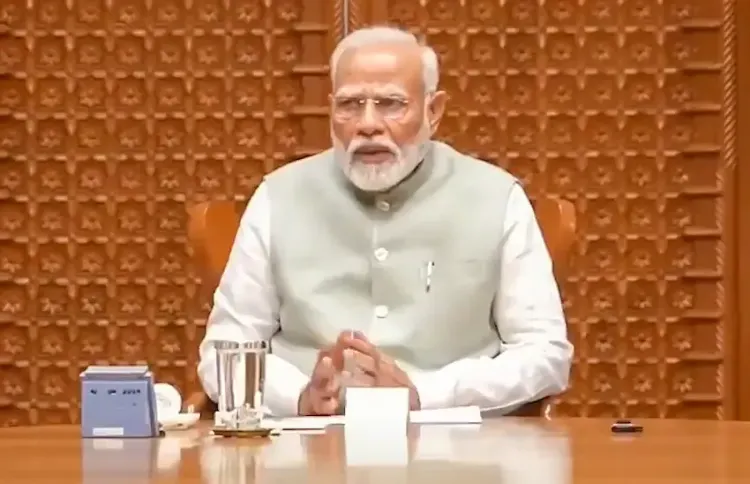
New Delhi, Dec 12 (NationPress) The Union Cabinet has given the green light to the 'One Nation, One Election' Bill, designed to enhance the electoral framework. This legislation is anticipated to be introduced in the upcoming Winter Session of Parliament.
The government asserts that this initiative will not only simplify the electoral process but also promote greater efficacy while alleviating the financial and administrative pressures linked to conducting multiple elections at staggered intervals.
The vision behind 'One Nation, One Election' is to align the electoral schedules of both the Lok Sabha and state Legislative Assemblies, enabling voters to participate in both elections at the same time.
This approach aims to tackle numerous issues stemming from the existing staggered electoral system, which frequently results in extended election campaigns, interruptions in governance, and increased costs.
In September, the Union Cabinet had previously approved the draft for the 'One Nation, One Election' Bill.
Congress leader Tariq Anwar commented to IANS, stating, “This is a contentious topic. Our nation operates under a federal structure, making it unfeasible to enact 'One Nation, One Election'. The Opposition has not been adequately consulted regarding this matter. All relevant parties must be engaged before making such a significant decision.”
Prime Minister Narendra Modi had earlier praised the initiative, indicating that the Cabinet had endorsed the suggestions from the High-Level Committee on Simultaneous Elections.
This committee, led by former President Ram Nath Kovind, recommended that concurrent elections for the Lok Sabha and state Assemblies be conducted, followed by synchronized local body elections within 100 days.
Nonetheless, critics contend that the implementation of synchronized elections may present logistical and constitutional hurdles.
They point to potential complications in dissolving Assemblies prematurely or managing scenarios where a state government collapses before its term ends.
Supporters of the Bill argue that it will herald a new phase of stability and continuity in governance, as administrations will no longer function under a constant electoral cycle.

